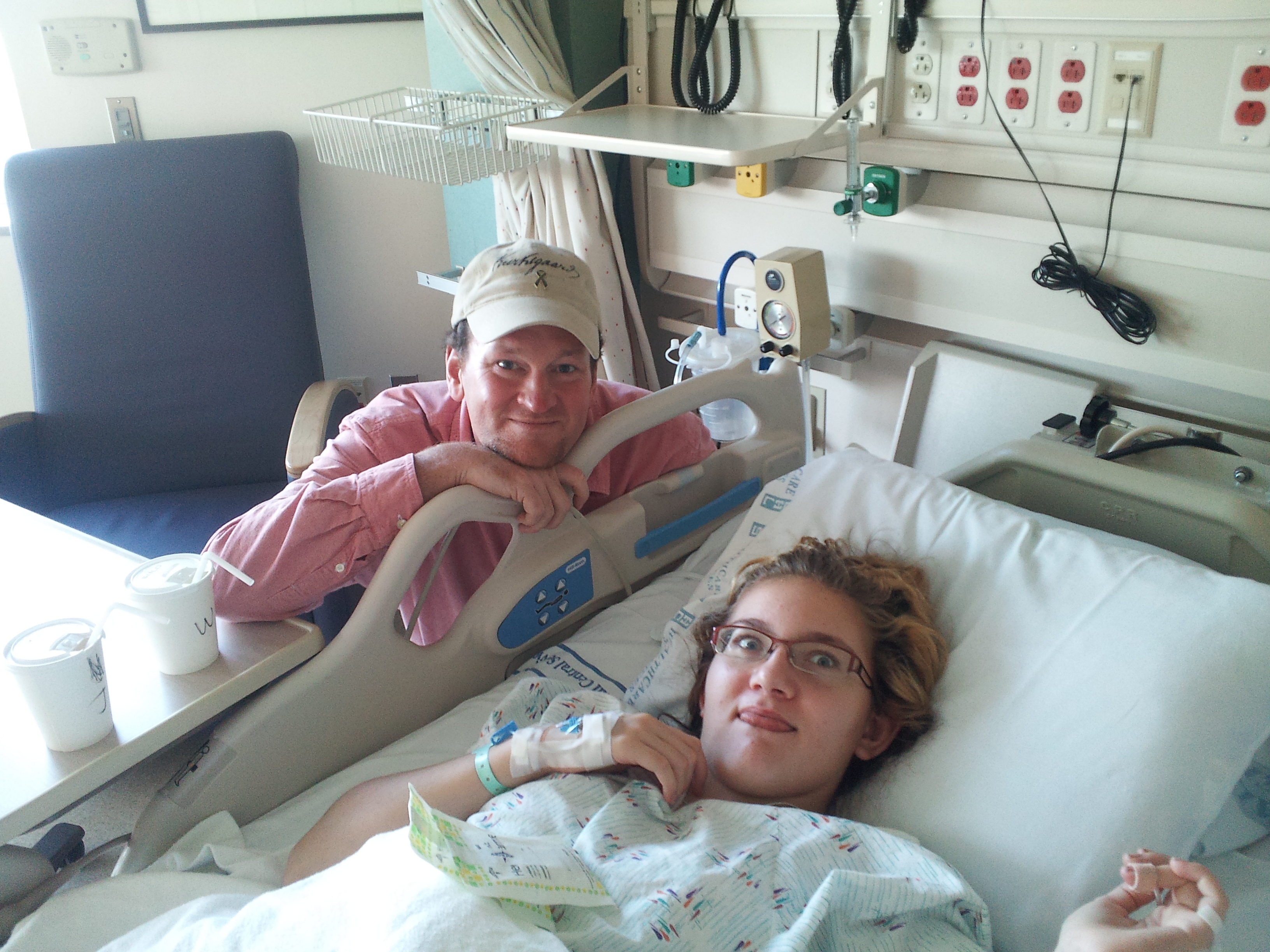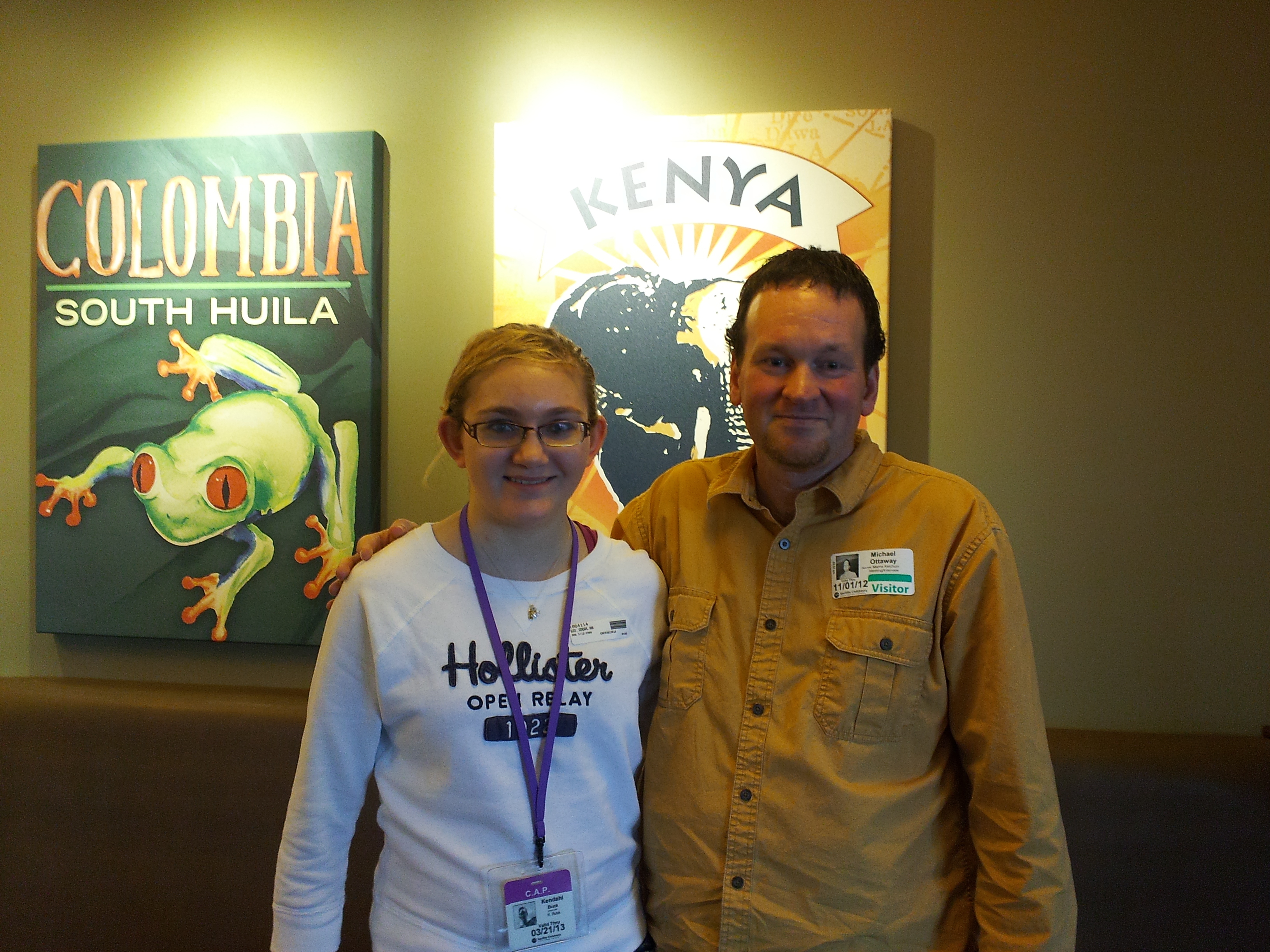Quinn Ottoway Running Inspiration
By Melody Karpinski, Fleet Feet Santa Rosa
You can find the original article here.
How can I make my life matter?
It’s a common question, but Quinn Ottoway chose to answer it in an uncommon way.
It was 2011 and he was 39. He had just moved from Minnesota to Seattle, Wash., after wrapping up graduate studies in sociology and non-profit leadership management. He wanted to be closer to family members he hadn’t spent much time with and debated getting his Ph.D. He began looking for a job.
Growing up an Army brat, running played a background role in his life in a variety of ways—soccer in Germany as a kid, track in high school, off and on as exercise into adulthood.
“I was always running as a kid,” said Quinn. “Then I didn’t run and got fat -my blood pressure started climbing—so I started running again.”
The job search in Seattle grew dismal, and Quinn began to explore the possibility of donating an organ to Seattle Children’s Hospital.
People began to ask—why?
“That’s the hardest question I get asked,” said Quinn. “It’s like trying to describe the [color] yellow to someone born blind—it’s something beyond words, something that must just be experienced or lived.”
Quinn says he doesn’t remember exactly when the idea to donate hit him, or if an event triggered it. He just knew. He also knew he would like the organ he donated to go to a child.
With his job search going nowhere, he decided it would be the best time to act on his instinct.
“I really just did it because I wanted a Seattle Children’s Hospital hat,” Quinn said slyly. “I said to myself—if I’m ever going to do this, I don’t have a job right now so I wouldn’t have to worry about taking time off of work.”

Two states away in Anaconda, Mont., a 14-year-old girl named Kendahl Puck enjoyed playing sports like basketball and volleyball. In February of 2012, nephronophthisis, a genetic disease in the process of destroying her kidneys, left her too weak to play. She went on the transplant list.
Back in Seattle, Quinn began a four-month process of physicals and psychological evaluations. He started running more over the summer of 2012 to prepare for the surgery.
“They said the better shape you’re in, the faster you would heal,” said Quinn. “If I wasn’t running, I was at the gym doing core work with the kettle bells or climbing the Stairmaster.”
In August, he got the call. He got ready for surgery on August 29. In Montana, Kendahl’s family also got a call telling them there was a match. They started packing their bags for Seattle.
After the surgery, Quinn recovered quickly. He began running again two months later. Six months later, he did his first race post-surgery.
“I probably wasn’t ready, but I PR’d,” said Quinn.
He began experimenting with online dating. In his profile, he wrote he had recently donated a kidney. He began exchanging e-mails with a woman named Kathy Zahnow. They talked about his recovery from the surgery, and it came up his surgery date had been Aug. 29.
Startled, Zahnow told him her niece had received a kidney on the same date. Curious, Quinn probed his surgeon at his next check-up. Was it a possibility his kidney had gone to a 14-year-old girl from Montana? The surgeon affirmed the possibility. There was protocol to adhere to, and paperwork to fill out to confirm their suspicions. Two months after their respective surgeries, Quinn met the recipient of his kidney and Kathy’s niece—Kendahl.

Today, Kendahl is 17, a senior in high school. Quinn keeps in touch with her family occasionally. They all ran a charity 5K race for Seattle Children’s Hospital. He and Kathy dated briefly, and though it ended, the two remain friends bound by a unique story.
Quinn says it took him a good year post-surgery to be able to articulate his reasoning for donating.
“Sadly, I think we live in a culture and time in society where our lives are without meaning or real purpose—we are for the most part expendable,” Quinn said. “For me it became, how do I make my life truly matter in extraordinary and non-expendable ways?”
Kember Greco, marketing manager at Fleet Feet Sports Tacoma, where Quinn has participated in weekly fun runs, noted Quinn never expected any of the attention he has received for his donation.
“His purpose was to do something that was selfless,” said Greco. “I don’t think he pictured himself in this position.”
For Quinn, it comes back to the opening question.
Quinn answers, “Giving a kidney was one way I could make my life matter.”
Connect With Us
see the latest from Fleet Feet Puget Sound